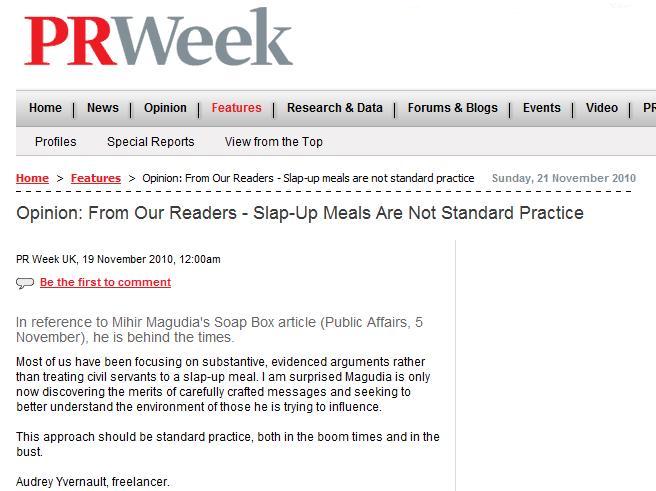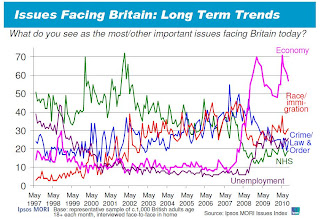For what this summary of the chapter tells us is that the young (people in their 20s) feel both discriminated against and that they have more in common with each other than with people in other age groups. For example, this bar chart shows incidents of age discrimination by age group and is quite telling:
I wonder how far this feeling of being discriminated against, perhaps even 'picked on' by wider society, contributes to feelings of a lack of fairness in public policy aimed at the young. I suspect it does, and I also suspect the young are not wrong to feel this way - after all, their votes are much less important to politicians than those of the older generations. The older we are the more certain we are to vote, and therefore the more our interests matter to those making public policy decisions:
I am about to reach David Willetts' book 'The Pinch', about the power of the 'baby-boomer' generation and the benefits they have accrued to themselves thanks to their sheer demographic weight of numbers. I hope this will illuminate the issue further and I will bring you thoughts about this in future posts. In the meantime, here is David Willetts' presentation about the book to the Royal Society of Arts: http://www.youtube.com/watch?v=V30AHLKKn3A (the first 30 minutes).
The key point that strikes me is whether the social contract between the generations is being visibly strained by the public spending cuts. The young, rich and poor alike, face rising tuition fees for university, fewer jobs/higher unemployment and rising mortgage deposit requirements. Meanwhile the old receive free bus travel, free TV licences, help with fuel bills, sight tests etc. and more generous pensions under changes brought in by the government - no matter their need and no matter the spending cuts and higher taxes that are being implemented in order to pay down the public debt.
What implications does this brewing conflict between the generations have? For businesses and communicators, this is something to ponder as the young get older and become consumers for products and services that have previously been provided to a richer, less burdened and more privileged generation. How will their attitudes affect the public mood over the next several years?






























